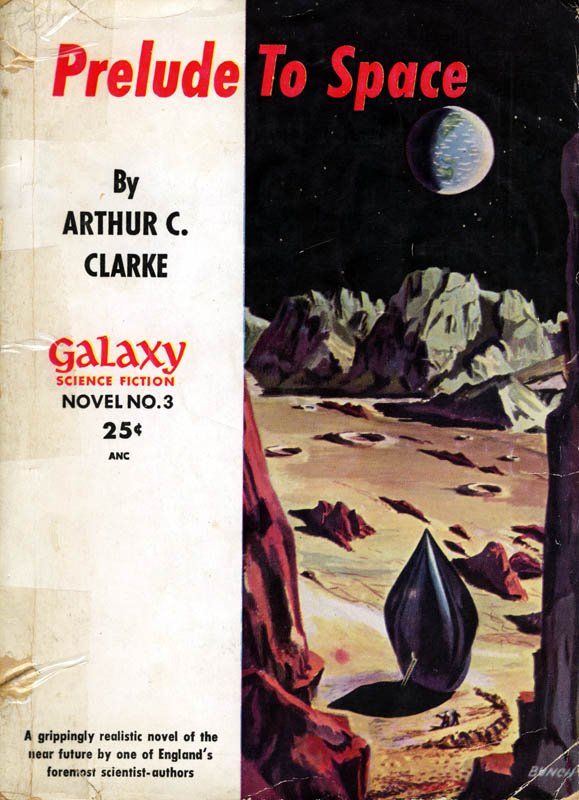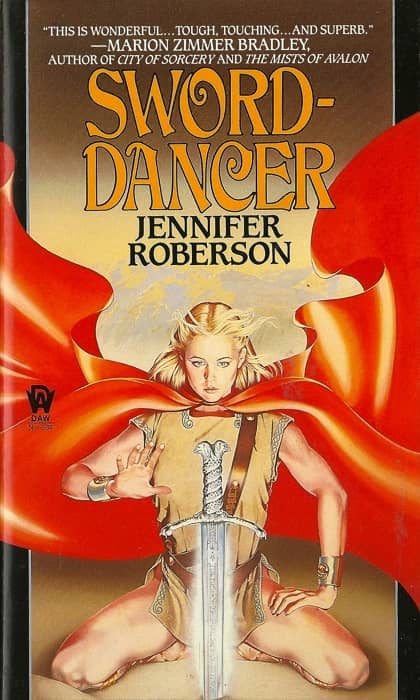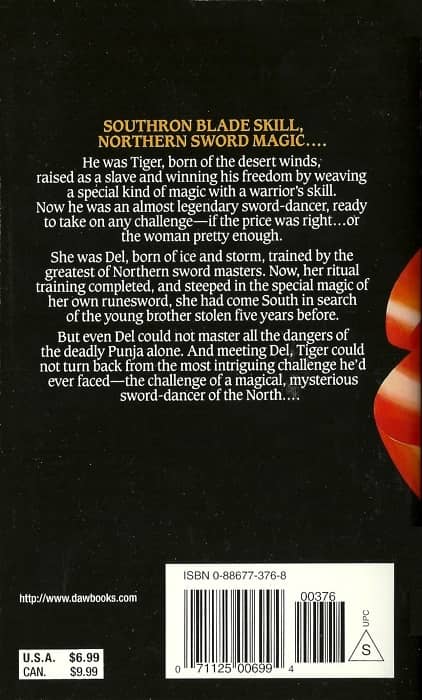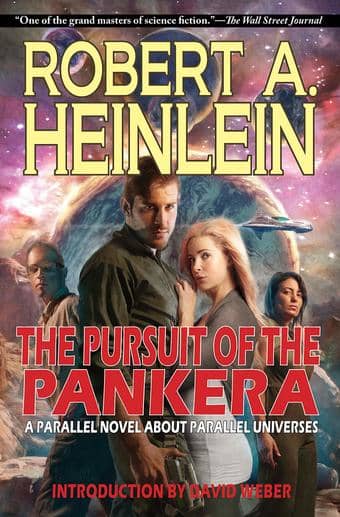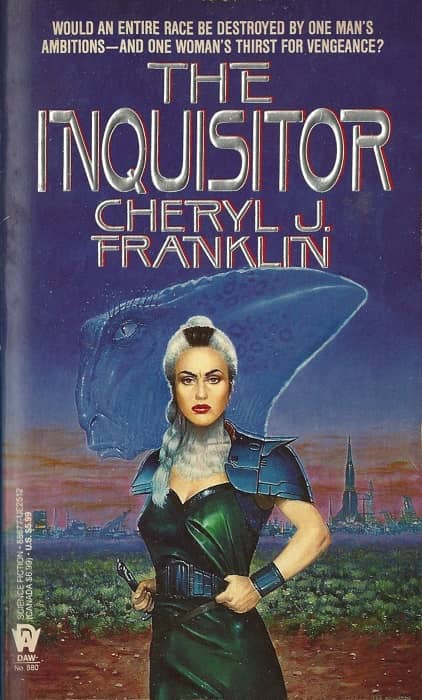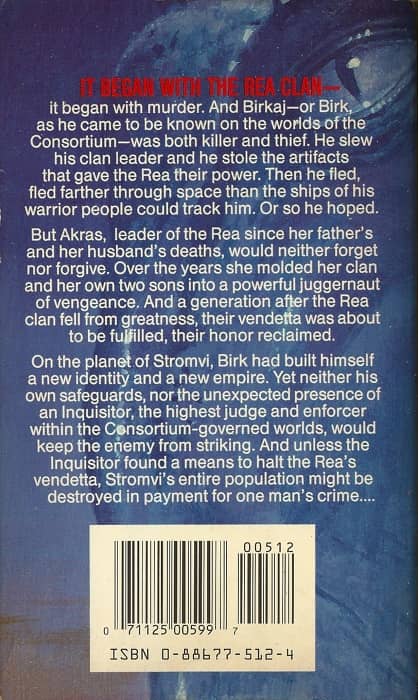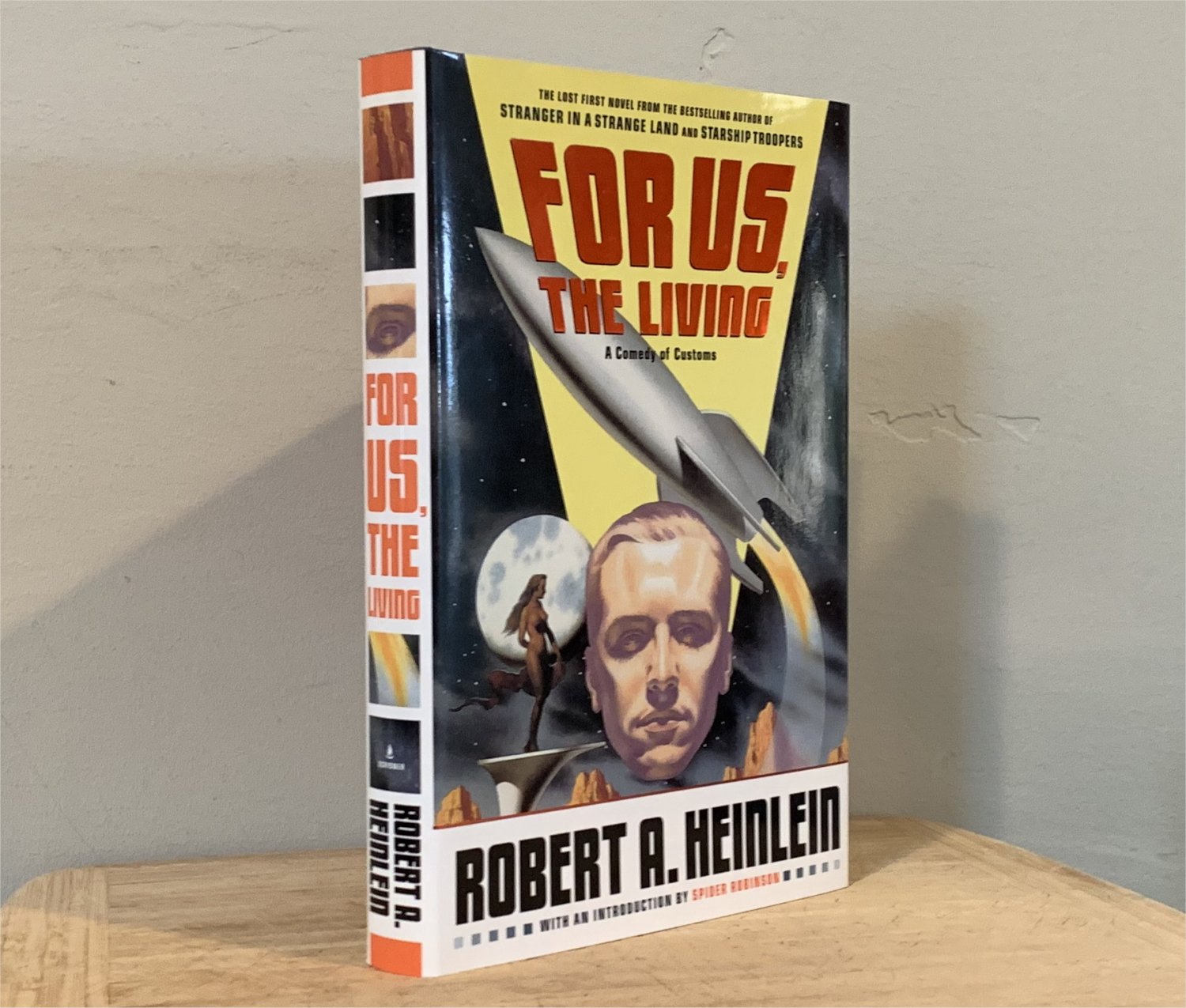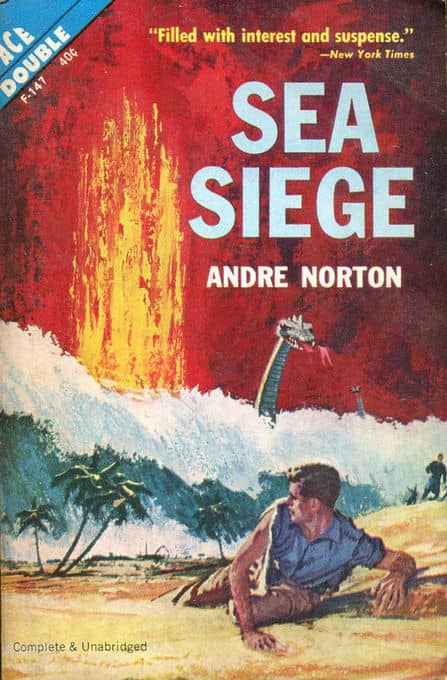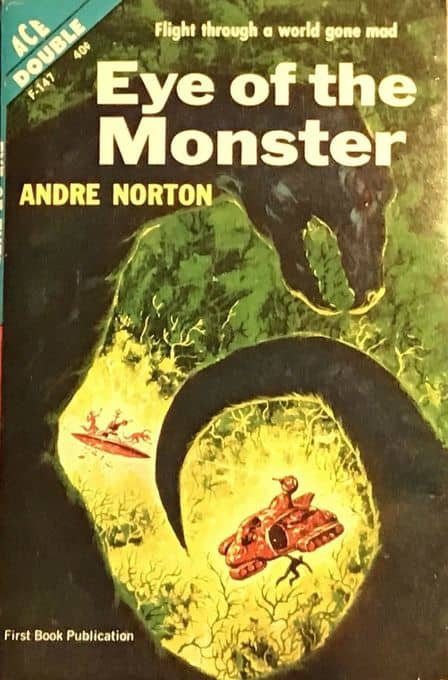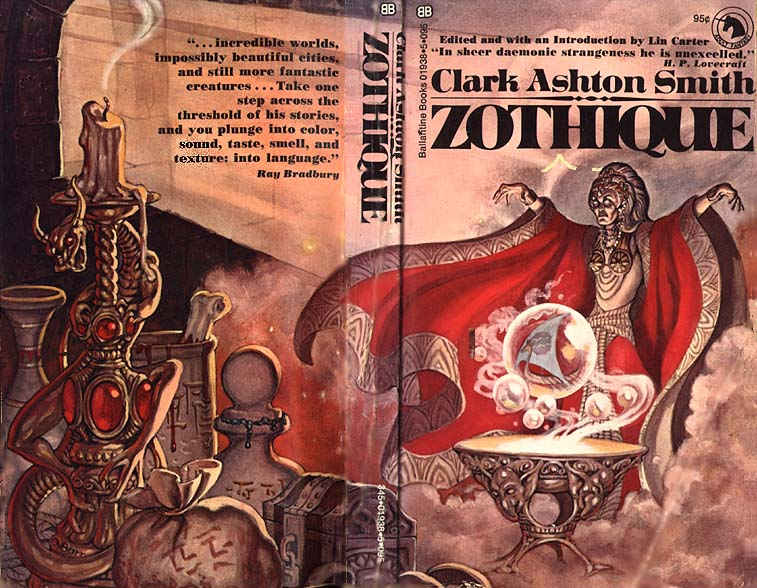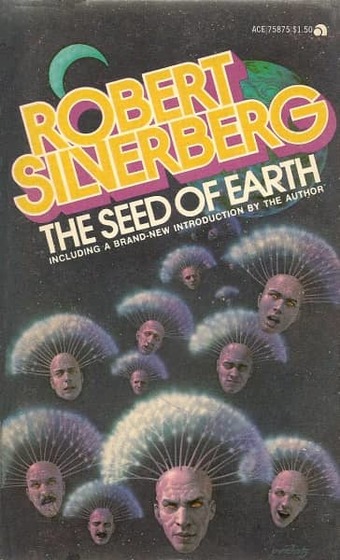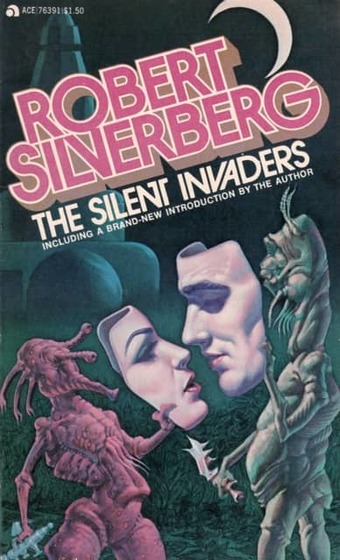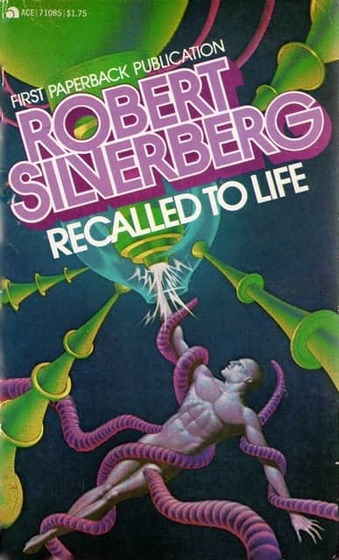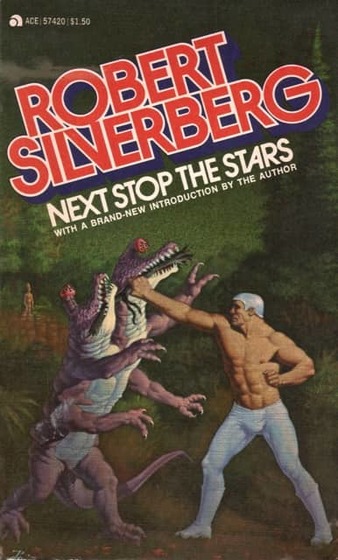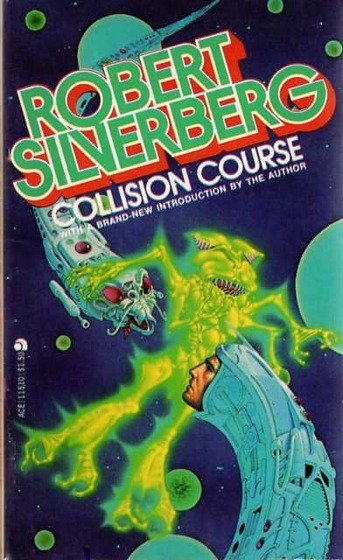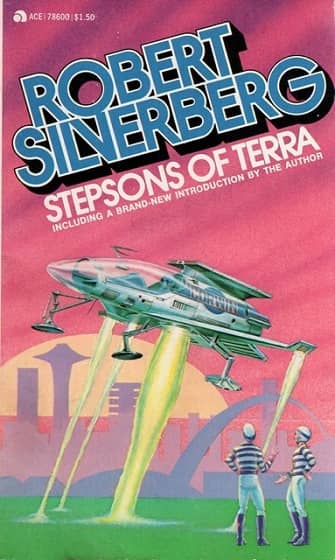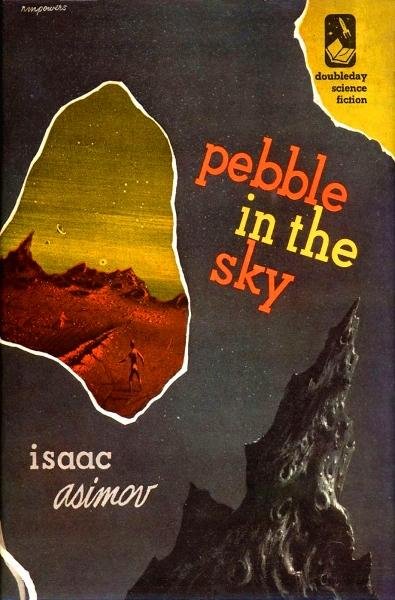Vintage Treasures: Skinner by Richard S. McEnroe
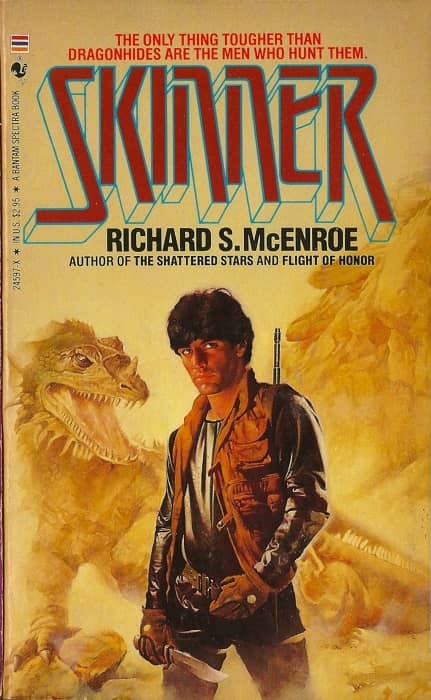 |
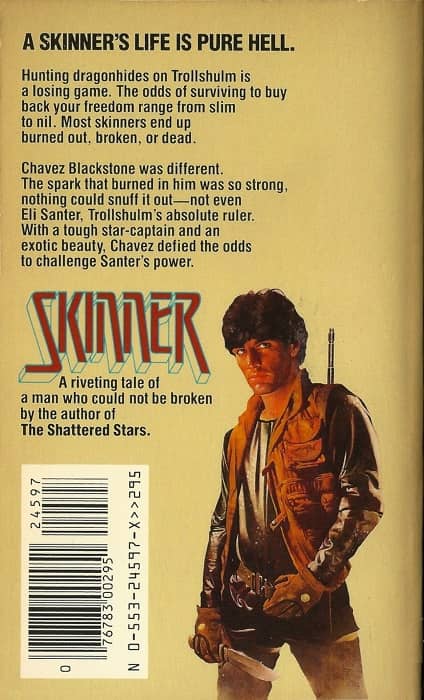 |
Skinner by Richard S. McEnroe. Bantam Spectra, June 1985. Cover by Enric
One of the advantages of writing up at least one Vintage Treasure every week is that it gives me an excuse to read a lot of the forgotten and overlooked classics I missed out on over the decades. And occasionally, to indulge in a guilty pleasure.
Take Skinner for example. It’s the fifth (and last) science fiction novel by Richard S. McEnroe, a literary agent turned author who began his career writing Buck Rogers novels in 1981. Skinner didn’t make much of a splash when it first appeared; it had a single paperback printing in the US, a UK edition from Orbit a year later, and then went out of print forever. But I don’t care. It’s got a dinosaur on an alien planet right there on the cover, and I want to read it, damnit.
When I went looking for contemporary reviews, I was surprised to find a few. And they only sharpened my interest. Here’s the most popular review on Goodreads, by Scott Schmidt.
What an odd, unique and refreshing work of science fiction. Well worth the fifty cents I paid for it at Goodwill. While I initially picked it up for the content depicted on the cover, this is only a part of a bigger plot that essentially boils down to interstellar shipping economics. I really loved the ending, which came about just as I was beginning to wonder where the story was headed. Great to read a piece of science fiction that didn’t have to be an epic, seven-part space opera. If I happen upon more of McEnroe’s works, I won’t hesitate to pick them up.
It might not be part of a seven-part space opera, but Skinner is the third book in a trilogy (which I didn’t learn until about 30 minutes ago… thank you, ISFDB). Here’s the first two.
